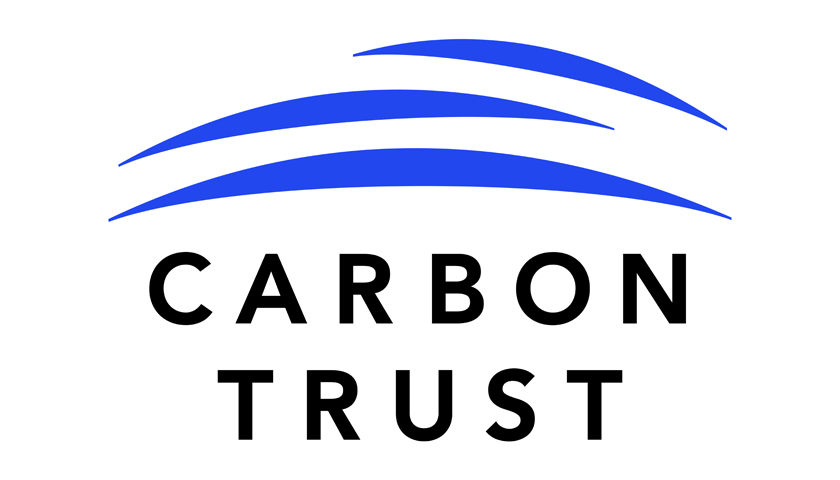Ceres filed its comments today in support of the U.S. Securities and Exchange Commission’s proposed climate disclosure rule that would require U.S. publicly-traded companies to annually report how their businesses are assessing, measuring, and managing climate-related financial risks. These requirements would include greenhouse gas (GHG) emissions, including Scopes 1, 2 and (in some cases) Scope 3, responding to urgent investor requests for more information to identify—and plan for—fiscal risks.
“The market has shifted to react to climate financial risk and investors need reliable and consistent data more than ever. That’s why we join hundreds of investors around the U.S. and the world in supporting this rule.” said Mindy S. Lubber, Ceres CEO and President. “The case for mandatory corporate climate risk disclosure has been made. Climate risk is financial risk, and we must safeguard our investments and our markets. We applaud the SEC’s work to protect investors; maintain fair, orderly, and efficient markets; and facilitate capital formation”
As Ceres highlights in its comments, the SEC’s proposed rule, Enhancement and Standardization of Climate-Related Disclosures for Investors, comes as financial regulators both here and abroad have taken concrete steps to address climate financial risk in the capital markets. Earlier this year, the Office of the Comptroller of the Currency (OCC) and the Federal Deposit Insurance Corporation (FDIC) issued draft guidelines instructing banks on how to address the physical and transitional risks due to climate. In April, the National Association of Insurance Commissioners adopted climate risk disclosure requirements for U.S. insurers, covering roughly 80% of the insurance industry.
Ceres joins investors and businesses in supporting the alignment of the SEC proposal with recommendations from the Task Force on Climate-related Financial Disclosures (TCFD), the leading global framework supported by more than 3,000 companies and 90 jurisdictions around the world. TCFD is the basis of disclosure regimes in many other markets, so alignment will lead to global harmonization, reducing costs and inefficiencies.
Highlights of Ceres’ comments in support of the proposed rule include:
- The basis of the proposed rule—that climate change poses significant financial risks—is clear and unmistakable. There is vast evidence to support this, the SEC clearly explains it, and investors are demanding more information about the physical and transition risks.
- This proposed rule falls within the statutory authority of the SEC. In the wake of the Stock Market Crash of 1929, the Securities Act of 1933 and the Securities Exchange Act of 1934 were passed, expressly authorizing the SEC to require disclosures as necessary or appropriate for investor protection and to serve the public interest.
- The SEC has effectively explained how investors currently do not have adequate information from companies on climate risk and are often misled through greenwashing.
- The proposed rule will facilitate consistency and comparability, as many public companies currently do not disclose climate risk information, and those that do take widely disparate disclosure approaches.
- Investors are providing the SEC with considerable evidence of how they use this climate-risk information in their decision-making. This information is highly significant to them in making informed investment and voting decisions.
- Disclosure belongs in SEC registration and periodic reports such as 10-Ks, just like other financial or financially-related information.
In 2003, Ceres organized 10 investors to sign the first investor statement urging the SEC to address climate risk. Several years later, in 2007, investors filed a formal petition drafted by Ceres and Environmental Defense Fund. This resulted in the SEC issuing an interpretive release in 2010 entitled “Commission Guidance Regarding Disclosure Related to Climate Change,” the first SEC action on climate risk. The SEC’s current proposed rule is built on that guidance.
“This proposed rule did not happen in a vacuum. U.S. financial regulators like the SEC are catching up with their international counterparts in recognizing that climate risk threatens our financial markets,” said Steven M. Rothstein, Managing Director of the Ceres Accelerator for Sustainable Capital Markets at Ceres. “We give SEC Chair Gensler, the commissioners and their staff great credit in drafting this thoughtful and comprehensive proposal. While we support it, our comment letter acknowledges areas that require additional consideration. We call on others who also support this to add their voices.”
Investors with more than $4 trillion in AUM have also signed Ceres’ Statement of Essential Principles, a collective statement of principles that the SEC should incorporate into its final rule.
“The SEC is rightly responding to investor demand for mandatory climate risk reporting. Information is the lifeblood of the financial markets. Investors’ need for reliable, comparable, timely and material information to price risk and opportunity of the just transition to a low carbon economy in their capital allocation and stewardship decisions on behalf of the millions of hardworking people who entrust their savings to fund managers,” said Anne Simpson, Global Head of Sustainability, Franklin Templeton Investments. “The SEC has drafted with care, providing a phased approach with safe harbor provisions and a clear focus on what is needed by fiduciaries for prudent investment decisions.”
“We believe climate change will profoundly affect society, economies, and capital markets. As such, and as a fiduciary for our clients and millions of their beneficiaries, we believe that capital market participants will benefit from an enhanced climate-focused disclosure framework whereby corporate issuers are increasingly transparent in identifying the climate-related risks they face and the steps they are taking to mitigate those risks,” said Wendy Cromwell, Vice Chair and Head of Sustainable Investment, Wellington Management Company.


